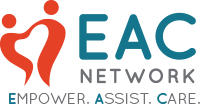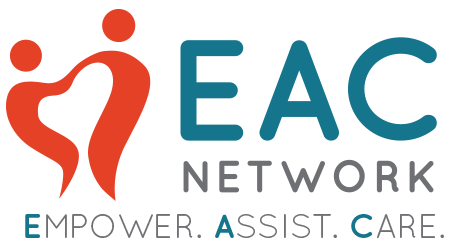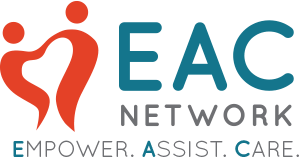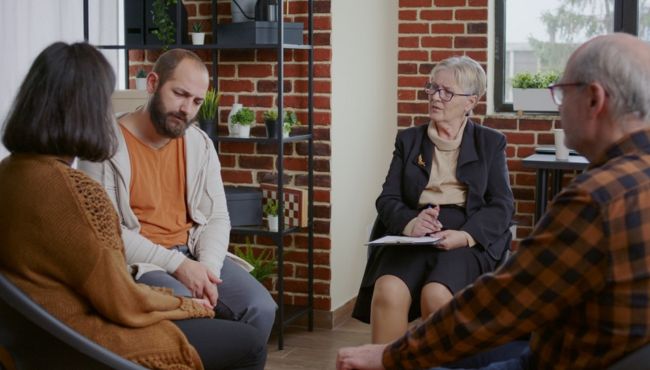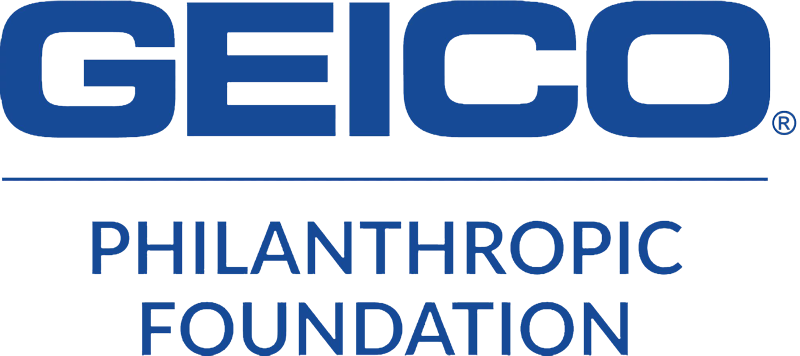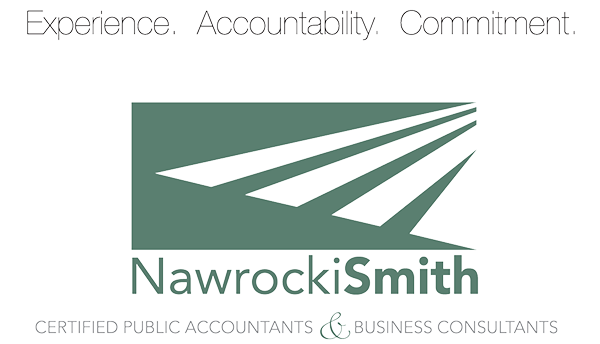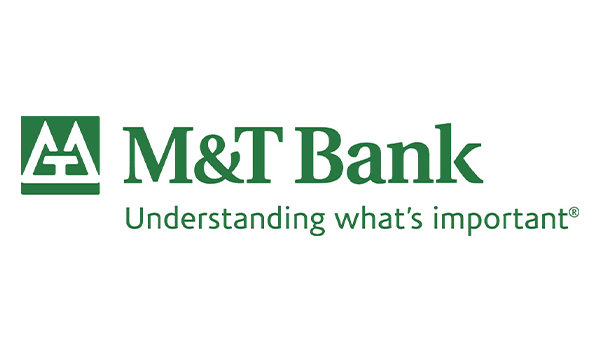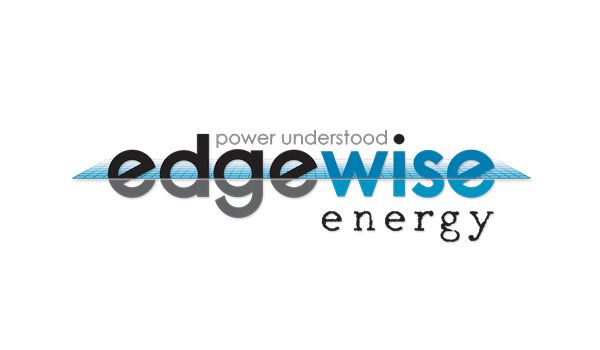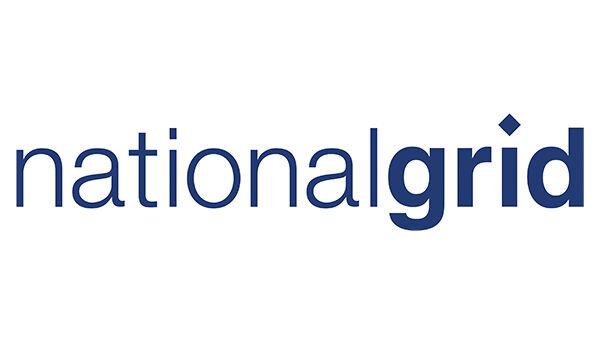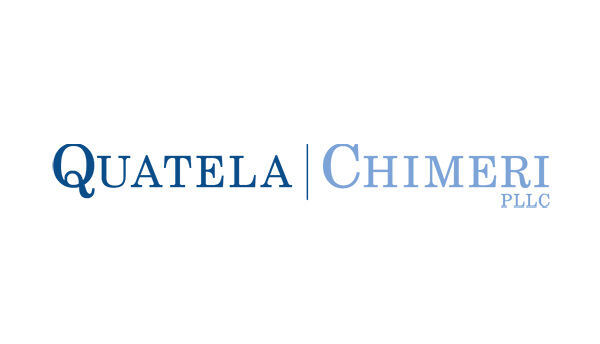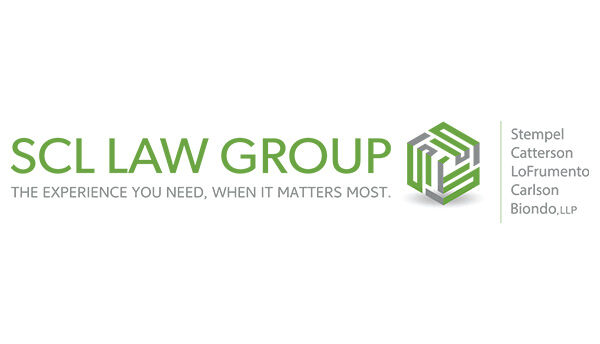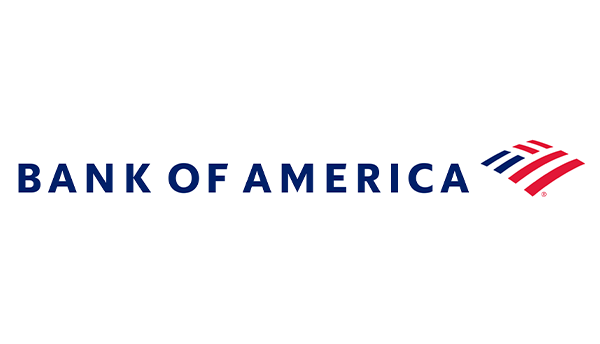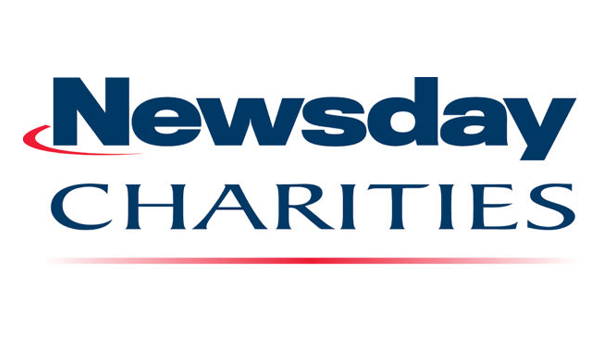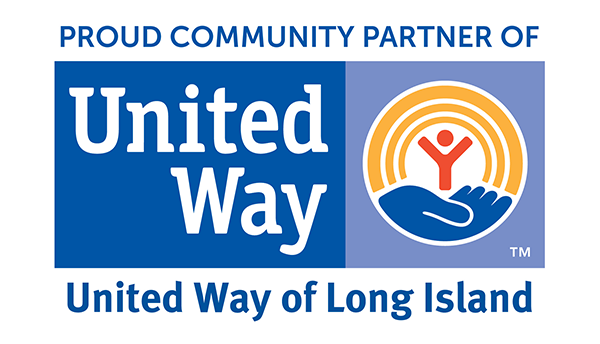
A survey conducted in 2021 shows that close to 9.2 million adults in the United States have a co-occurring disorder. Co-occurring disorders, where mental health issues coexist with substance abuse, create a complex reality for individuals that requires compassionate understanding and targeted intervention. Without it, not only will these individuals continue to struggle, but many will end up in prison. Breaking these cycles requires a comprehensive and compassionate approach. EAC Network acknowledges the existence of this crisis and is actively collaborating with state and local governments, utilizing our programs to improve treatment options and co-occurring disorder statistics.
Understanding the Parallels
Co-occurring disorders refer to the simultaneous presence of mental health issues and substance abuse in an individual. Each issue is an extreme challenge, but when both are present, they exacerbate the other. Mental health conditions such as depression, anxiety, or PTSD can drive individuals towards substance abuse as a coping mechanism. At the same time, substance abuse can intensify mental health symptoms, leading to a destructive loop that traps individuals in a cycle of despair.
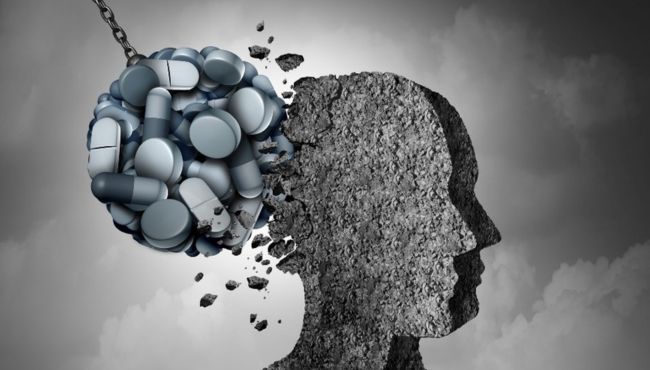
Statistics of Co-Occurring Disorders
Here are some alarming co-occurring disorder statistics from the Journal of the American Medical Association that need attention:
- 37% of people with alcohol use disorders also have at least one serious mental health illness.
- 53% of people with substance/drug use disorders have at least one serious mental health illness.
- Of all people diagnosed with a mental illness:
- 29% currently misuse alcohol or drugs
- 60% will misuse alcohol or drugs at one point in their lifetime
Co-Occurring Disorder Statistics and Incarceration
The statistics for individuals in prison who have co-occurring disorders are as upsetting as it is startling. From the New York State Division of Criminal Justice Services:
- 5% of men and 31% of women in jails have a mental illness
- 49% of individuals leaving prison have a co-occurring disorder
- 7 to 9% of individuals on probation and parole have a severe mental illness
EAC’s Commitment to the Overlooked
Breaking free from the grip of co-occurring disorders starts with the recognition of those who need the help in the first place. There are many reasons why people are overlooked or don’t receive treatment:
- No insurance/money
- Confidentiality concerns
- Don’t think it will work
- Don’t know where to go
- Pride/” can do it on their own”
- There is no one advocating for them
- Need assistance getting to treatment
These reasons and more have a range of responsibilities regarding the outcome. EAC Network’s programs offer assistance that considers all of these inhibitors. Our services are there for you, free of charge and judgment. We are solely there to empower individuals who need to find a new path and stay on it as they start a new journey toward recovery.
EAC Network Focuses on All Co-occurring Disorder Concerns
The following are some of the programs that EAC Network offers to help improve co-occurring disorders statistics.
Mental Health Diversion
This program directly assists individuals who may or may not be suffering from co-occurring disorders by providing them with alternatives to incarceration. We step in and offer them case management and treatment rather than imprisonment.
Opioid Overdose Prevention and Alcohol Education Program
Both of these services provided by EAC Network are focused on preventing, educating, and assisting individuals who are misusing drugs and or alcohol.
With Assistance, We Can Overcome Anything
Co-occurring disorders present a formidable challenge, but with understanding, compassion, and collective efforts, individuals can break free from the cycle of mental health and substance abuse. EAC Network’s programs look to empower individuals to seek help and embark on a journey toward recovery.
